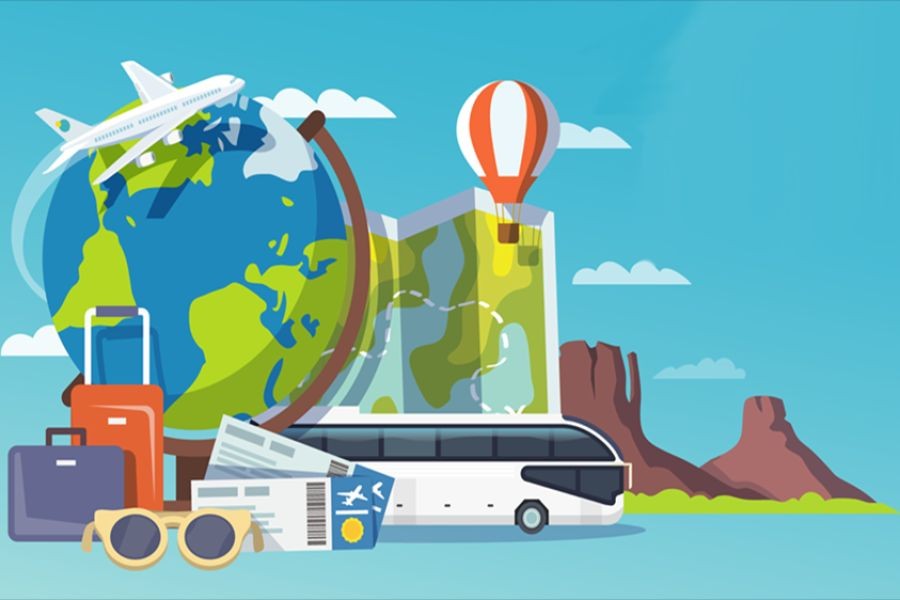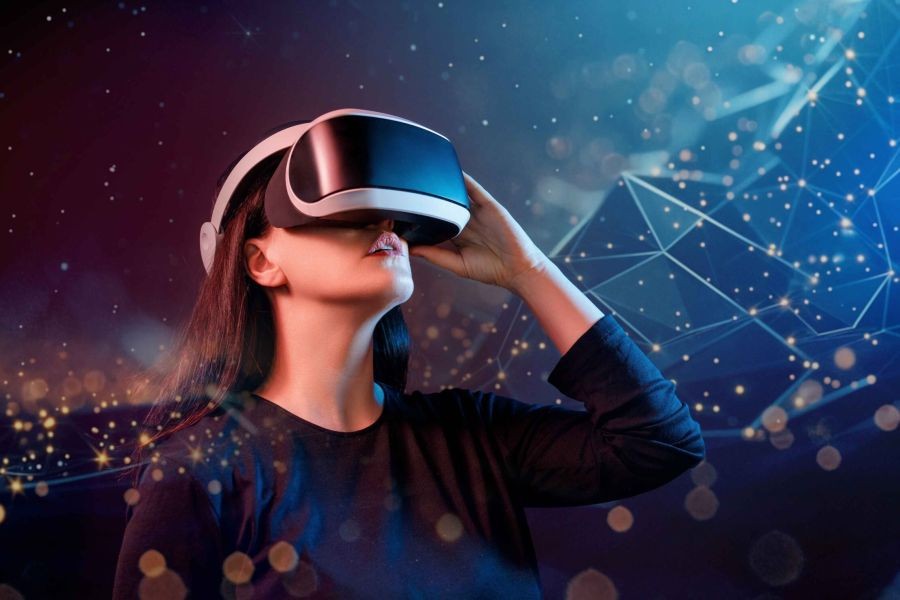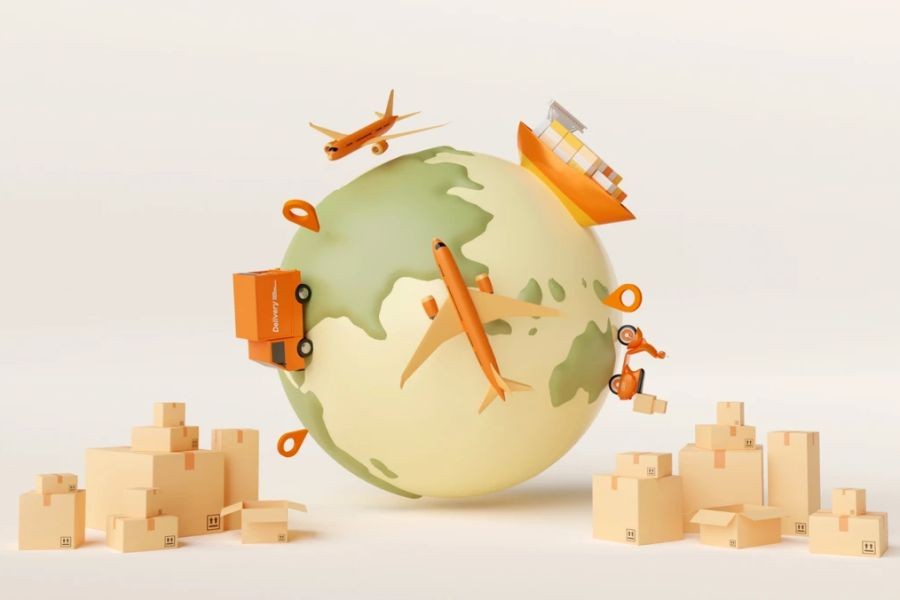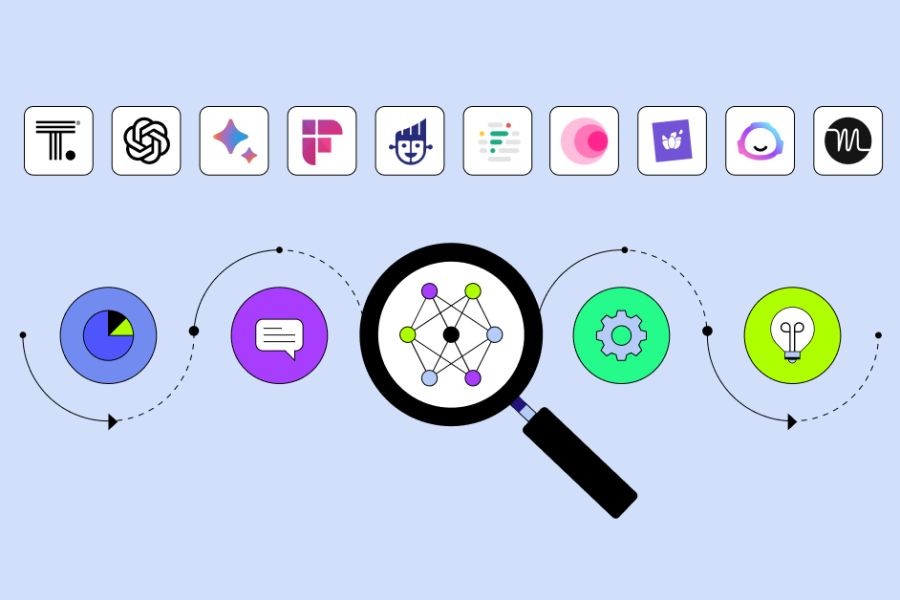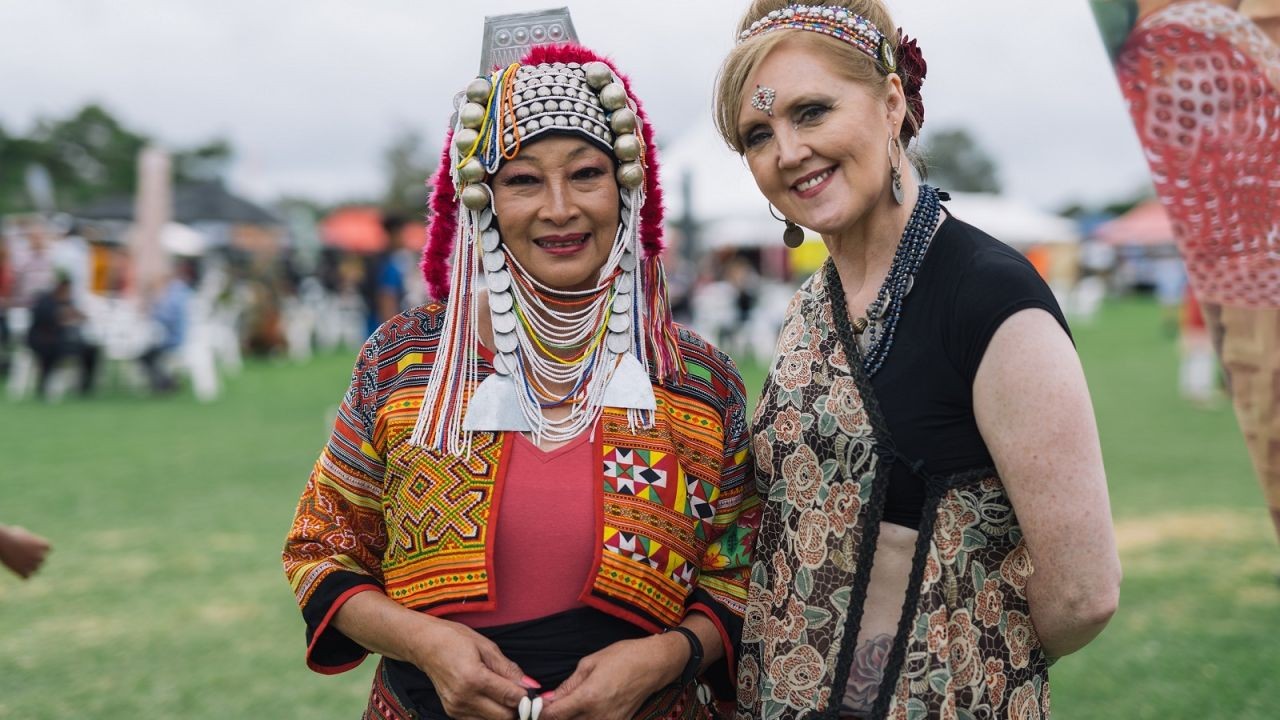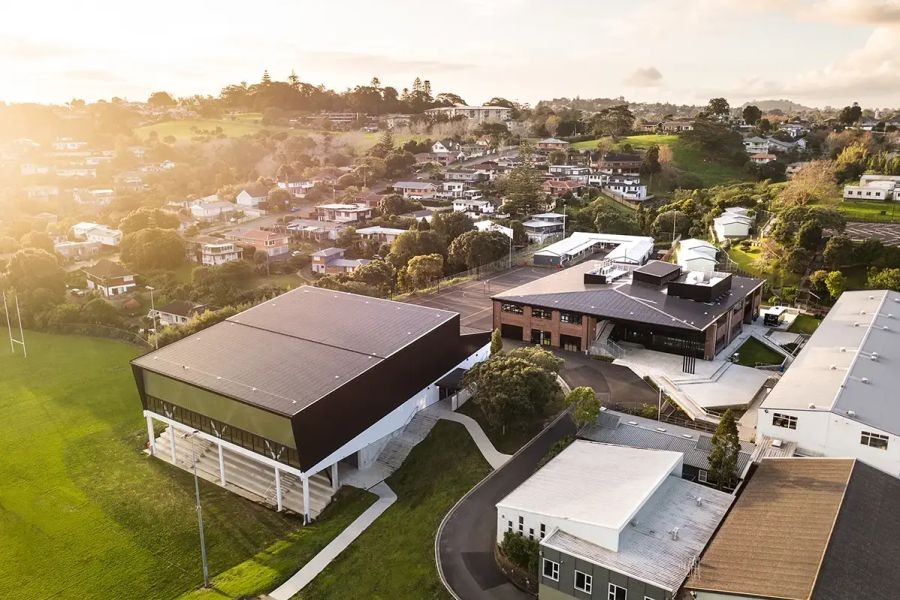In recent years, social media has emerged as a potent force shaping the tourism industry in New Zealand. With its picturesque landscapes and rich cultural heritage, the country has become a hotspot for tourists worldwide. However, the advent of digital platforms has redefined how tourism businesses operate and engage with potential visitors. This article delves into how social media influences New Zealand’s tourism sector, providing data-backed insights and expert analysis for local business owners looking to harness this trend.
Case Study: New Zealand Tourism Board – Harnessing Social Media for Growth
Problem:
The New Zealand Tourism Board faced the challenge of maintaining high visitor numbers amidst increasing global competition. With traditional marketing strategies proving less effective, the board needed to find innovative ways to attract tourists.
Action:
To tackle this issue, the board launched a targeted social media campaign using platforms like Instagram and Facebook. They focused on sharing user-generated content and engaging storytelling to highlight New Zealand’s unique attractions. Additionally, they collaborated with influencers to reach a broader audience.
Result:
Within a year, the campaign resulted in a 25% increase in international tourist arrivals and a 12% boost in tourism-related revenue. The board also reported higher engagement rates on their social media channels, with Instagram followers increasing by 40%.
Takeaway:
This case study underscores the power of social media in enhancing New Zealand’s tourism appeal. By leveraging digital platforms, businesses can effectively reach global audiences and drive growth.
Data-Driven Insights: The Impact of Social Media on Tourism
According to Stats NZ, international visitor arrivals to New Zealand have grown by 3.5% annually since 2016, with social media playing a critical role in this trend. The Ministry of Business, Innovation, and Employment (MBIE) highlights that 67% of tourists use social media to plan their trips, underscoring the need for businesses to maintain a robust online presence.
Pros and Cons of Using Social Media in Tourism
Pros:
- Wider Reach: Social media platforms allow businesses to connect with a global audience, enhancing visibility and brand awareness.
- Cost-Effective Marketing: Compared to traditional advertising, social media campaigns are more budget-friendly, offering a higher ROI.
- Real-Time Engagement: Businesses can interact with potential customers instantly, improving customer service and satisfaction.
- Data Insights: Social media analytics provide valuable insights into consumer preferences and behavior, allowing for data-driven decision-making.
Cons:
- Time-Consuming: Maintaining an active social media presence requires significant time and resources, which can be challenging for small businesses.
- Negative Feedback: Social media can amplify negative reviews or feedback, potentially harming a brand’s reputation.
- Algorithm Changes: Frequent changes in platform algorithms can impact the visibility of posts, requiring constant adaptation.
Common Myths and Mistakes in Social Media Marketing
Myth: "Social media is only for young audiences."
Reality: According to a 2023 report by NZTech, 72% of New Zealanders aged 55 and above are active on social media platforms, making it a valuable tool for reaching diverse demographics.
Myth: "Posting frequently guarantees success."
Reality: Quality over quantity is crucial. Engaging content tailored to your audience is more effective than frequent posting without strategy.
Future Trends: The Evolution of Social Media in New Zealand Tourism
As technology continues to evolve, augmented reality (AR) and virtual reality (VR) are poised to transform the tourism experience. By 2028, it is predicted that 60% of tourism businesses in New Zealand will incorporate AR/VR into their marketing strategies, offering immersive experiences to potential visitors.
Conclusion
Social media is undeniably reshaping New Zealand’s tourism industry, offering both opportunities and challenges for local businesses. By understanding and leveraging these digital tools, businesses can enhance their reach, engage with global audiences, and drive growth. To stay ahead, it is essential to continually adapt to emerging trends and technologies, ensuring a competitive edge in the dynamic tourism sector.
If you have insights or experiences related to using social media in tourism, share your thoughts in the comments below!
People Also Ask (FAQ)
- How does social media impact businesses in New Zealand? Social media enhances brand visibility and customer engagement, leading to 25%+ higher customer retention for businesses leveraging these platforms.
- What are the biggest misconceptions about social media marketing? Many believe it's only for younger audiences, but 72% of older New Zealanders are active users, highlighting its broad relevance.
- What are the best strategies for implementing social media marketing? Start with identifying your target audience, crafting tailored content, and leveraging analytics for continuous improvement.
- What upcoming changes in New Zealand could affect social media marketing? By 2026, policy updates in digital privacy could alter how businesses engage with audiences on social platforms.
- Who benefits the most from social media marketing? Tourism operators, hospitality businesses, and retail sectors benefit significantly from enhanced engagement and visibility.
Related Search Queries
- Social media trends in New Zealand tourism
- How to use Instagram for tourism marketing
- Best social media platforms for New Zealand businesses
- Impact of social media on global tourism
- Future of digital marketing in New Zealand







